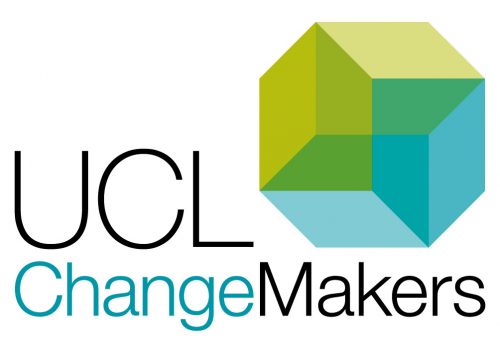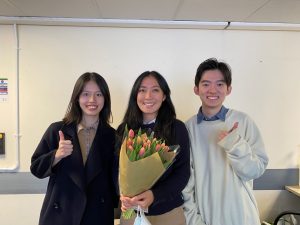THE TEAM
Kamille Beye
Stella Cheong
Rowena Palicious
Adam Peter Lang
DEPARTMENT
Curriculum, Pedagogy and Assessment, IOE
WHAT HAPPENED?
Conversations4Citizenship is an innovative, inclusive, international podcast capturing discussions and debates on a wide range of citizenship issues focusing on emergence from the COVID 19 pandemic. Re -imagining citizenship education for a better future in these troubling geo-political times. We look at topics large or small and try to tell stories that appeal to a wide range of students, academics and practitioners.
WHAT ADVICE OR ENCOURAGEMENT WOULD YOU GIVE TO SOMEONE THINKING OF DOING A CHANGEMAKERS PROJECT?


